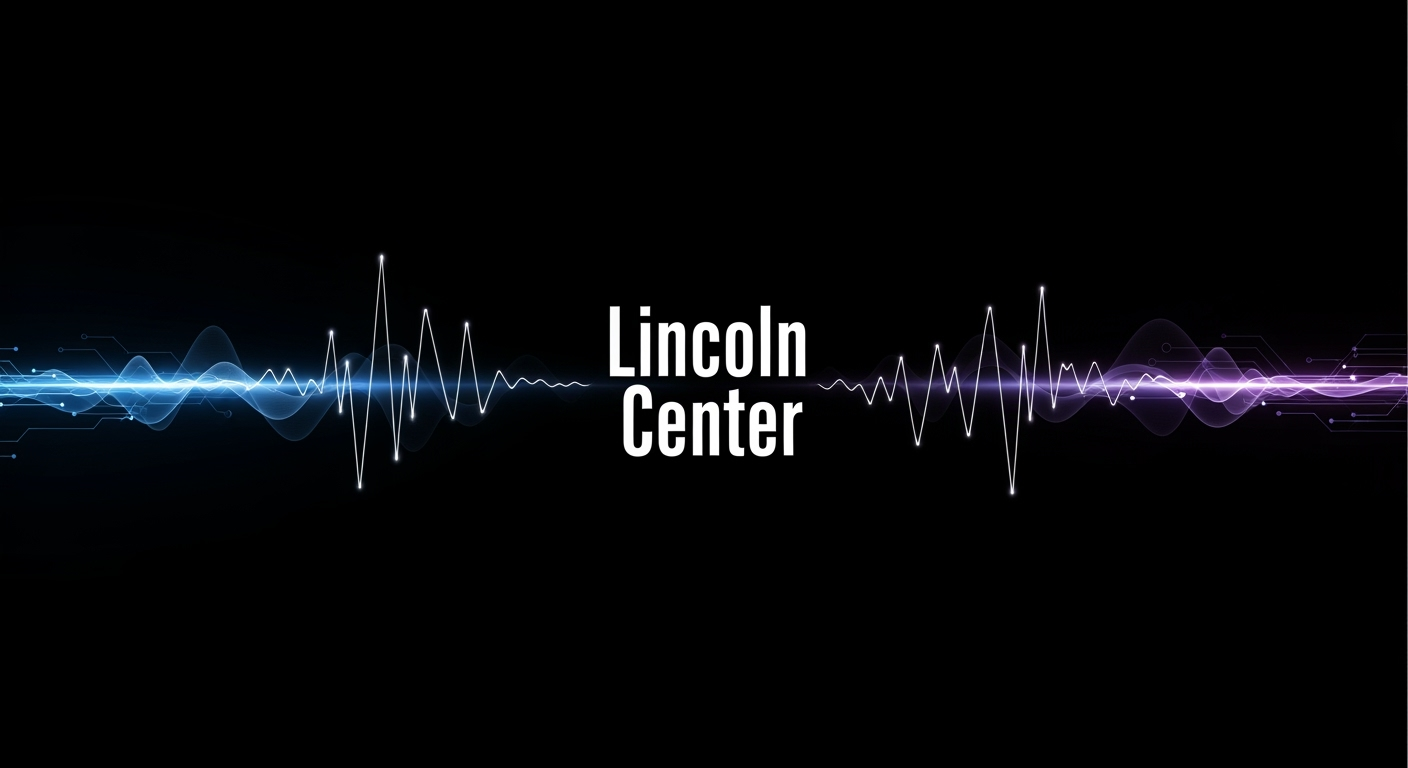How Lincoln Center’s Collider Fellows Are Shaping the Future of Performing Arts with Technology

Lincoln Center’s Collider Fellowship: Fusing Technology with the Performing Arts
As technology continues to transform our world, the performing arts are not being left behind. The Lincoln Center for the Performing Arts’ Collider Fellowship is at the forefront of this evolution, inviting multidisciplinary artists to reimagine live performance through emerging technologies like artificial intelligence, virtual reality, and immersive audio systems.

Welcoming a New Generation of Creative Innovators
This year, Lincoln Center has announced its second class of Collider Fellows: six visionary artists whose work spans VR, AI, and groundbreaking sound technologies. Over the next six months, these fellows will have access to studio space at Lincoln Center and Onassis ONX, a financial stipend, and guidance from a dedicated team, allowing them to explore the intersection of art and technology without the pressure of producing a final commissioned work.
Jordana Leigh, Lincoln Center’s vice president of programming, emphasized the importance of thoughtful experimentation: "I love that they’re all really thoughtful people who are not just thinking about [the work] itself, but how it fits into a larger conversation in arts and technology." She views technology as a new creative tool, much like a paintbrush or sound mixer, and believes artists can now realize visions that were previously out of reach.
Showcasing the Power of Tech-Driven Art
The Collider Fellowship has already produced remarkable projects. For example, Dream Machine by Nona Hendryx, a member of the inaugural class, combines AI, VR, and augmented reality to create Afrofuturist environments. This immersive installation enables visitors—especially those from BIPOC communities—to see themselves represented in technological spaces, expanding the narrative of who belongs in tech.
Leigh believes that including more diverse voices in the conversation increases the chances for meaningful, transformative outcomes in the arts. "I think the more people who are part of the conversation, the more chance we have for it to be a good conversation," she noted.
Flexible Support for Artistic Exploration
Unlike traditional fellowships, Collider doesn’t require a final product. Some artists use the time to prototype new ideas, while others focus on research and reflection. Leigh explained, "One artist completed five or six prototypes, while another wanted to take this time to rejuvenate, read tons of books, do tons of research, slow down—both approaches are completely acceptable." Many projects from the first cohort are still evolving, and some may eventually be showcased at Lincoln Center.
While Leigh is "doubling down on location-based experiences" involving VR, AR, and extended reality, she is open to how Collider Fellows might help Lincoln Center connect with global audiences in new ways. "I don’t think we’re closing the door to anything right now," she said.
Meet the 2025 Collider Fellows
- Cinthia Chen: A multidisciplinary artist and technologist blending performance, installations, and projection design to explore memory, hybrid identities, and spiritual futurism.
- Sam Rolfes: A virtual performer and co-director of Team Rolfes, known for motion-capture performances and music visuals for artists like Lady Gaga, Arca, and Metallica.
- James Allister Sprang: The first U.S.-based artist to work with the 4D Sound System, creating immersive experiences that explore diasporic timelines and the Black interior.
- Stephanie Dinkins: A transdisciplinary artist and educator focusing on emerging technologies, race, and future histories, recently named one of Time Magazine’s 100 Most Influential People in AI.
- Kevin Peter He: An innovator working across film, performance, and game engines, exploring how technological structures shape narrative and embodiment.
- Dr. Rashaad Newsome: A Whitney Biennial alum combining collage, performance, AI, and robotics to explore Black and Queer cultural expression.
Looking Ahead: Redefining Performance for the Digital Age
The Collider Fellowship is part of Lincoln Center’s broader commitment to supporting artists in "non-transactional" ways. By providing resources and space for experimentation, the program encourages artists to push boundaries and imagine new possibilities for live performance in a tech-driven world.
As technology continues to catch up to artists’ visions, programs like Collider ensure that the conversation around art and innovation remains diverse, inclusive, and forward-thinking.





